There is not even the slightest tarnish to his image on or off court. Roger Federer is impeccable and untouchable. He does not grunt or groan when serving and does not have a tattoo on his arms or highlights in his hair. He is one of the few players to use the one-handed backhand and does so seemingly effortlessly. He glides across the court from one corner to the other and from the baseline to the net with great elegance and incredible levels of fitness. He communicates fluently in three languages and endeavours to ensure that there is always substance not just to his tennis but also to his interviews. He is very much himself and gives little sign of strain or frustration, even during the defeats which have occurred with increasing frequency in recent times.
Even the sportswear produced for Roger Federer by his main sponsor Nike is finer than that of the other players under contract. An individual logo was created for him – if other players also have them, nobody is aware of it. As far as sponsors are concerned, Roger Federer is one of the few sports stars to be honoured with a contract from Rolex. The luxury watch brand represents the high end of advertising. Only a few carefully selected greats from the world of culture and several athletes have had this distinction bestowed upon them. Rolex sponsorship is communication at the highest level with mutual benefit.
Everyone is treated equally
When selecting sponsors, Roger Federer displays his typically well-balanced approach. Of the ten equipment suppliers and sponsors – leaving aside the international brands of Rolex and Credit Suisse – three come from Switzerland: Lindt, insurance company Nationale Suisse and household appliance manufacturer Jura. The question as to whether a company that makes irons is too mundane a partner for an illustrious name like Federer has not been raised since the outset of their collaboration. Anyone who wants Federer as an advertising partner has to make a big impression. Jura did so, and its efforts clearly paid off. The advertising messages featuring the tennis star increase the brand’s prestige. Jura now belongs to a different market segment. On Roger Federer’s website, Jura appears between Credit Suisse and Mercedes because his advertising partners are not listed according to their weight and importance but rather in alphabetical order. This avoids unnecessary discussions. Federer’s website is also typical of the image of the 33-year-old from the canton of Baselland – neat and well-structured, clear, subtly refined and elegant – like Federer’s style of tennis, one might say.
Nobody minds that Roger Federer, thanks to sponsorship payments, enjoys a questionable level of income, like other high earners. In contrast to some managers, the tennis star’s earnings are essentially dependent on his performance. Nobody objects if Federer, his wife Mirka, who also has a tennis background, and his rapidly growing family – few Swiss have twins twice – decide to optimise their tax situation by living in Freienbach or in Wollerau, to where they recently moved. Everyone knows about his foundation, which mainly works for the benefit of African children, and this generates no end of goodwill towards him. No Swiss person has ever been a better representative of our nation than Federer. Television spreads awareness of Federer and Switzerland to every corner of the planet. What does all the work undertaken by Presence Switzerland, the federal government’s communications agency, amount to compared with Federer’s presence? What is the impact of a fondue in New York’s Times Square or a VIP lounge at football’s World Cup in relation to a Wimbledon title?
An outpouring of affection thanks to the twins
All the Swiss love Roger Federer today, but that was not always the case. It took a while to win over their affections. Federer enjoyed an incredible string of successes, going from one victory to the next with apparent ease and in complete contrast to his great rival, the hard-working Rafael Nadal. So much success is initially viewed with a degree of scepticism in Switzerland where everyone is brought down a peg before they get too carried away. The fact that he was named “world sportsman of the year” four times was OK but was not greeted with any great euphoria. Switzerland does not need heroes. The nation of skiers, riflemen and wrestlers does not warm all that quickly to a superstar of a global sport where toughness is not in evidence.
Roger Federer nevertheless succeeded. His epic duels with Rafael Nadal, the loss of top spot as number 1 in the world rankings, the increasing number of defeats and the magnificent re-emergence as number 1 – all of this made an impression over time and not just in the minds of sports fans. Federer received a major boost in public affection with the birth of his twins Myla and Charlene in 2009. Now not only was he a sporting great, the Federer family had also become a topic of social interest. Public goodwill was further enhanced on 6 May this year when the size of the family grew again with the birth of a second set of twins: this time boys, Leo and Lenny.
Defeats no longer a rarity
Roger Federer has now reached a difficult point in his long career. In the Serb, Novak Djokovic, the once dominant duo of Federer and Nadal have now been joined by a third contender who is at least on a par with them, and a new generation of emerging players are no longer in awe of the big names. Early exits for Federer are no longer a shock but instead a possibility in any tournament. The chances of climbing back to the top of the rankings, where Federer spent 302 weeks, longer than anyone else, for a third time seem remote. The hope of a victory in a grand slam tournament is slimmer now than it has been for years. But there is still a chance. It is as slender or as great as it could be for a 33-year-old father-of-four who is in the twilight of his career. Federer – like Nadal – has lost the aura of invincibility and is no longer able to dominate tournaments at will. But if everything comes together, he is still capable of winning a grand slam tournament. The fact that opponents and experts still regard him as being among the favourites is more than just deference to one of the greatest sportsmen of our time.
For how much longer will he continue to play? For as long as possible, one might hope. Federer himself has never given any indication that he is considering retirement. Quite the contrary, he seems as highly motivated as ever, appears to still enjoy his profession, is fitter than some of his younger competitors and is today benefitting from the fact that he has always looked after his body. His efficient style of play and technique mean that he shows fewer signs of wear and tear than others of the same age.
Problems at the Davis Cup
Roger Federer has not yet won everything despite his unique record of achievements. He has yet to triumph in the Davis Cup. He has always had a complicated relationship with this competition. The team tournament, which is popular with fans, has often not fitted into his annual schedule and if there has occasionally been discord between the Swiss Tennis federation and its best player, it has been over the Davis Cup. Sometimes he did not wish to take part, while on other occasions he did and failed to perform well.Today, the two Swiss, Roger Federer and the upcoming Stanislas Wawrinka, are so well placed in the world rankings that the duo can be seen as favourites in the Davis Cup. Twenty-two years after the defeat of Jakob Hlasek and Marc Rosset in the final against the USA, the chances of victory have never been as good. Stanislas Wawrinka has always loved the Davis Cup, and it seems that Federer has also become fond of the competition as he has mellowed with age. The semi-final against Italy will take place in Geneva between 12 and 14 September before the winner meets France or the Czech Republic. Switzerland’s first Davis Cup win may be the last major title of a wonderful career for Federer.His last major success but hopefully not the end. Federer could actually retire then but should not. The idea of Roger Federer, the aesthetically pleasing tennis genius, who has given us so many wonderful and anxious hours on the screen from all over the world and with whom we have suffered and cheered, no longer playing is a sad thought indeed. The fifteen years of Roger Federer have been wonderful. We have still not had enough though.
Guido Tognoni is a lawyer and a freelance journalist. He lives in Küssnacht.
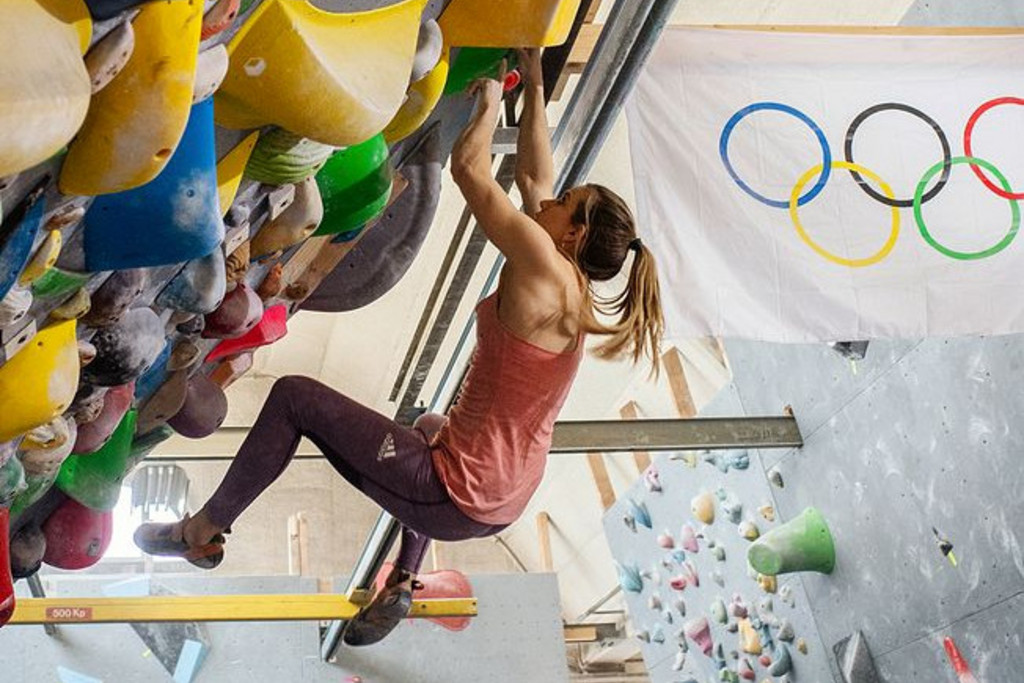
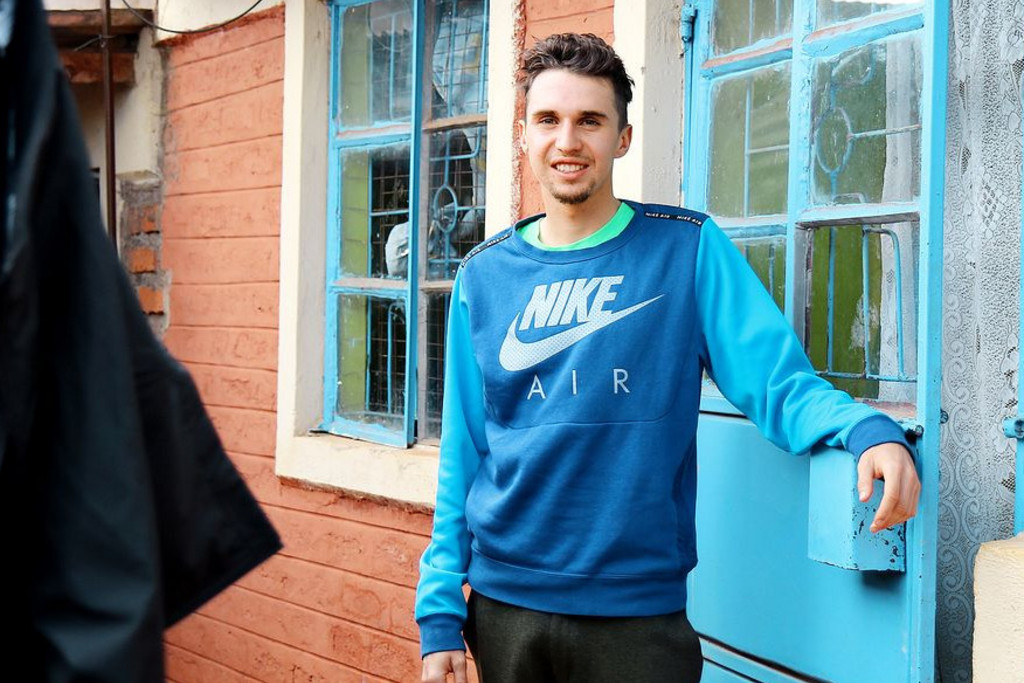
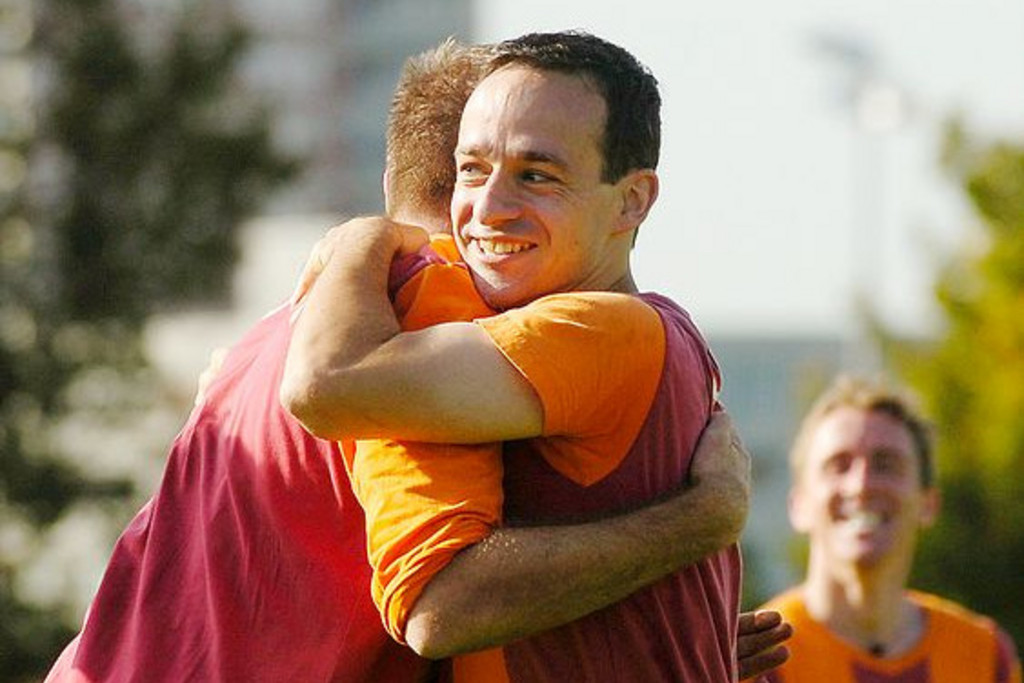
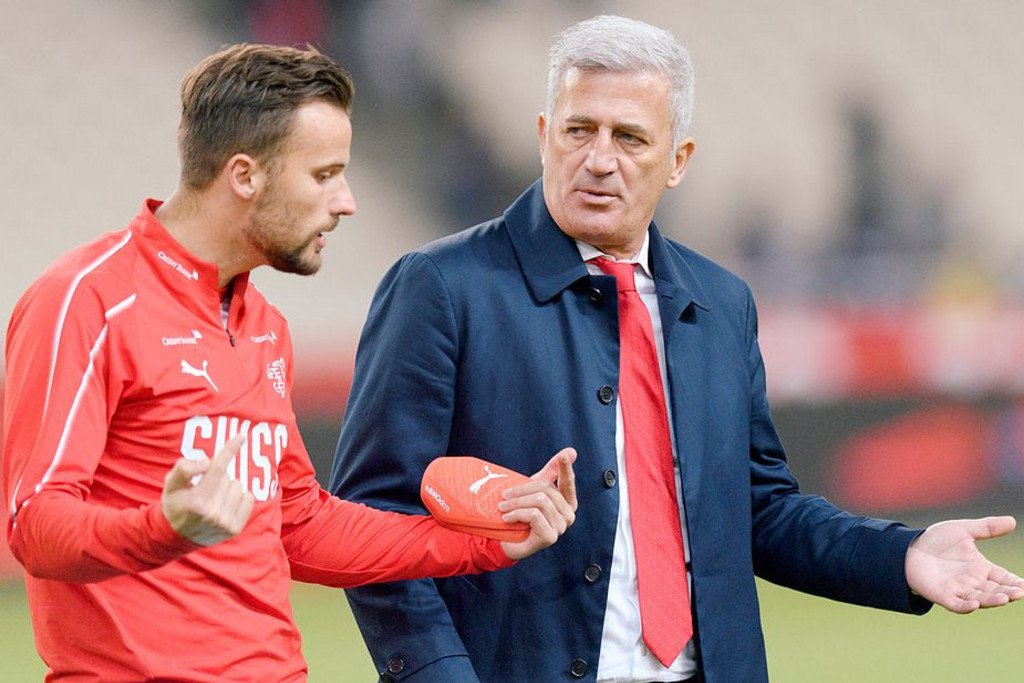
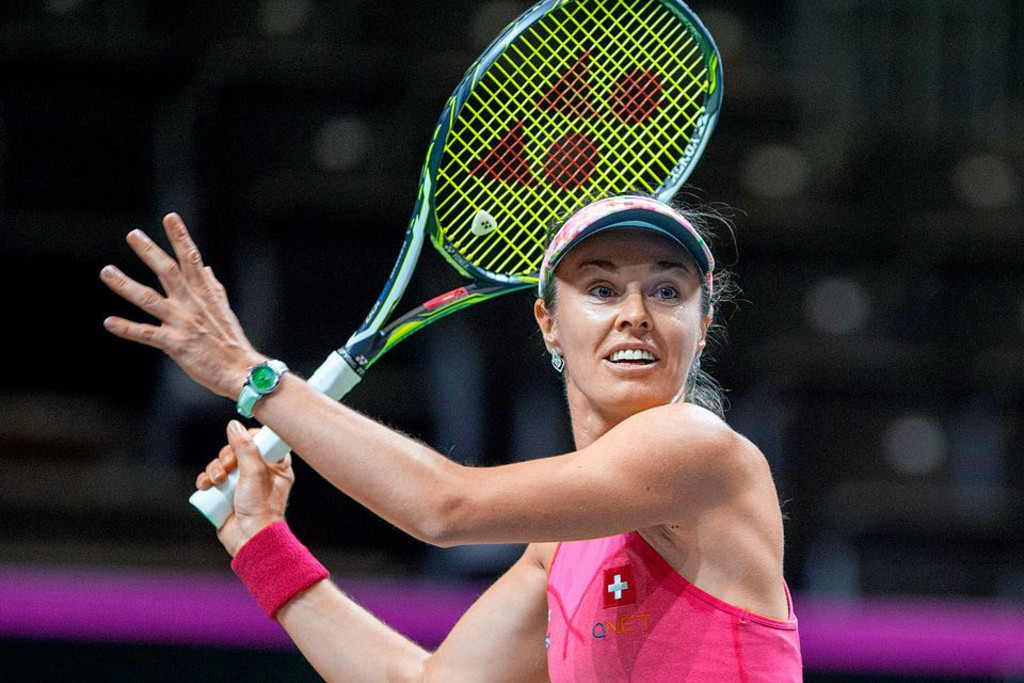
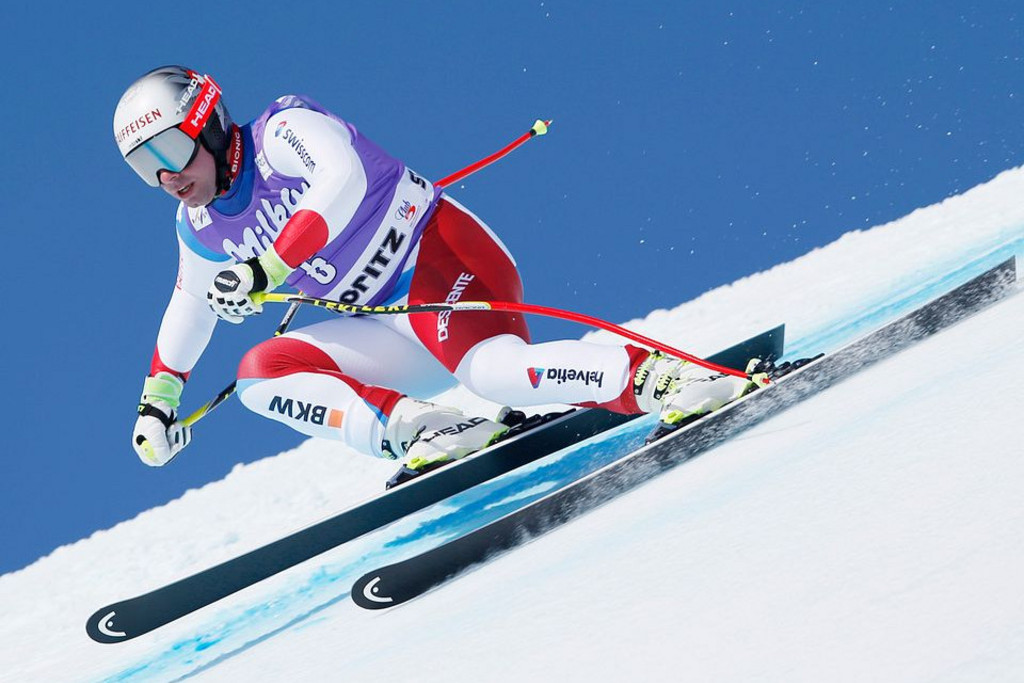
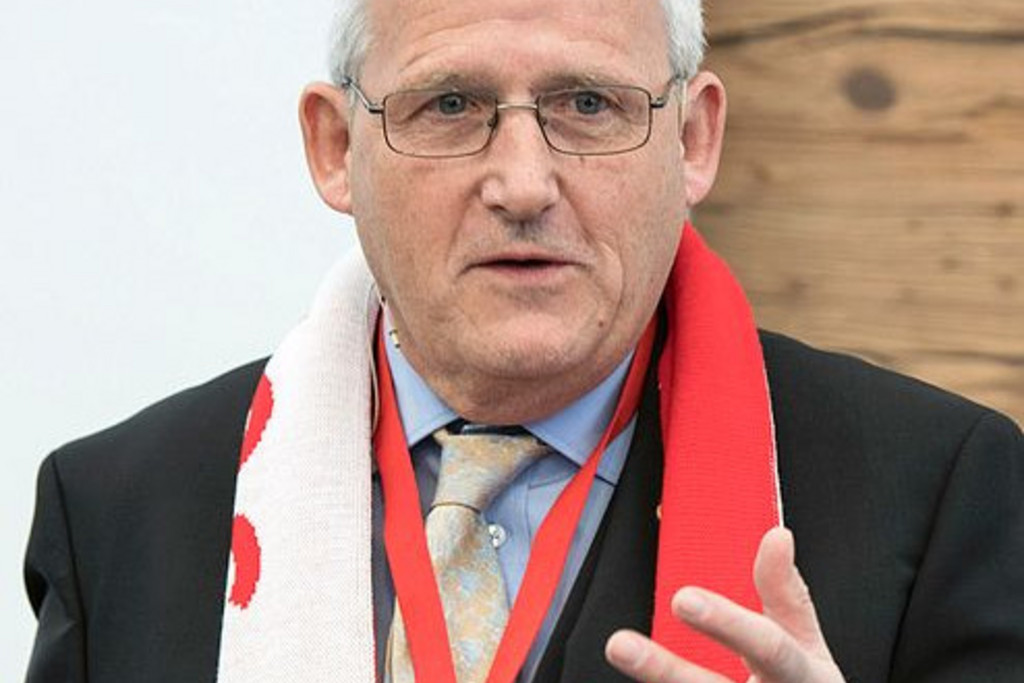
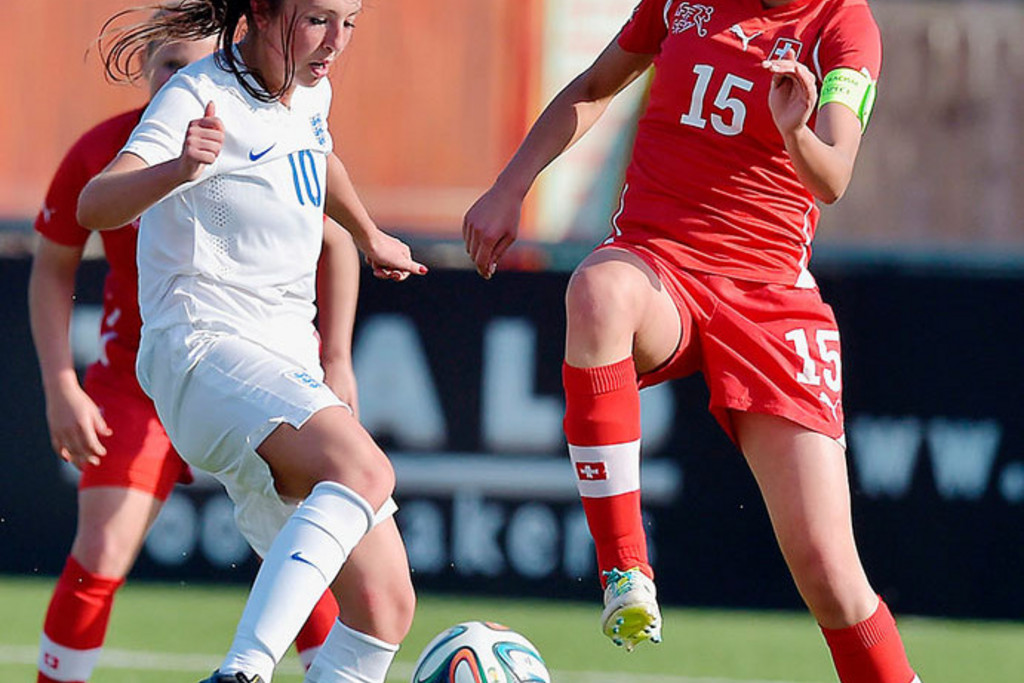



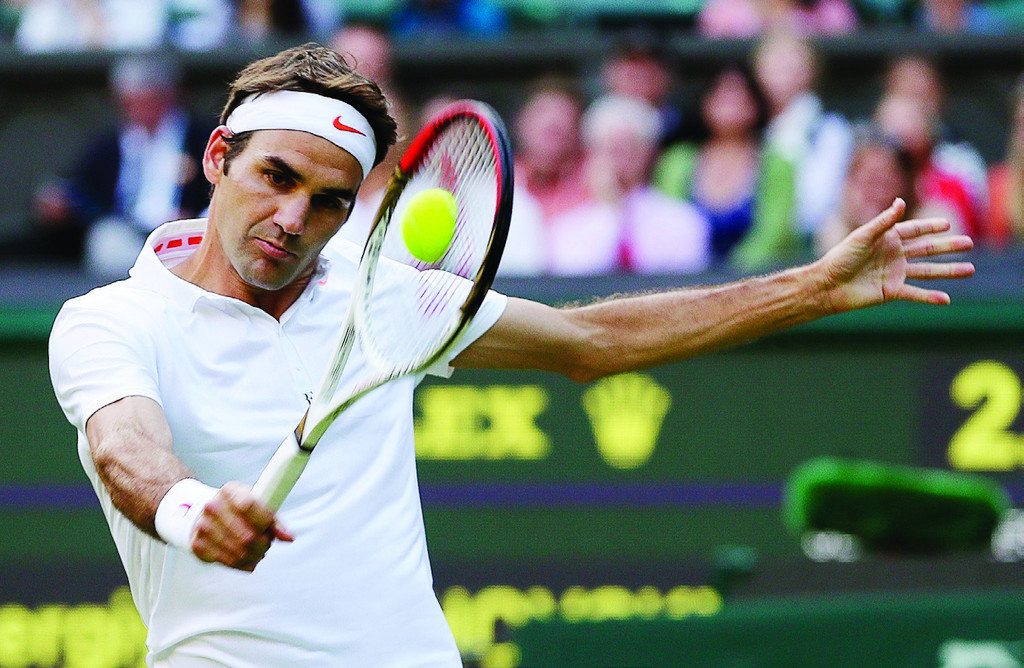
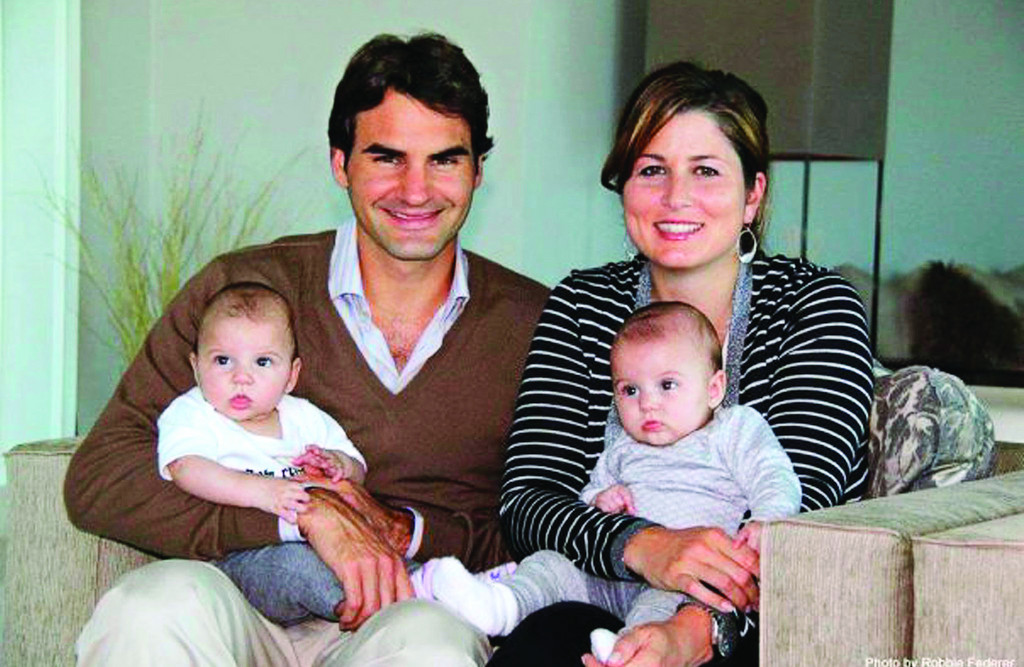
Comments